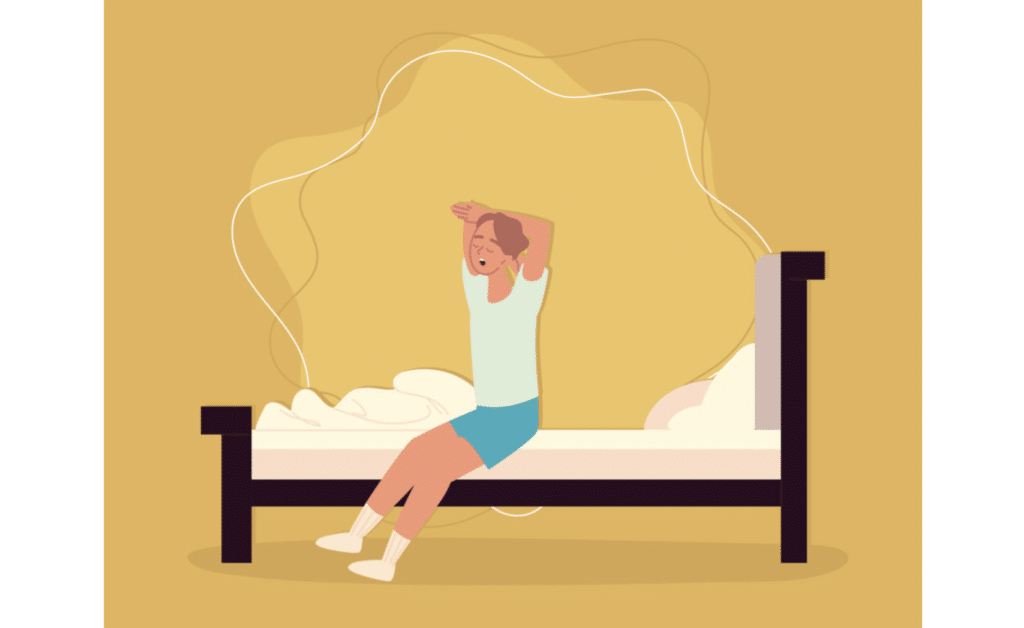
THE BOTTOM LINE
- Sleep talking affects up to 66% of people
- It can make you a difficult partner to sleep with
- There are strategies to reduce nightly episodes
Just like its name suggests, this parasomnia describes talking during sleep without awareness and can range from complete gibberish to full monologues of complicated speech. Sleep talkers often have no idea they do it until a housemate brings it to their attention.
What does sleep talking look like?
The most common symptoms are:
Mumbling
Utterances
Calling out or yelling
Speaking in sentences
Whispering
Moaning
How it looks (well, technically how it sounds) is dependent on what stage of sleep you’re in. Since it’s a non-REM-related parasomnia, it occurs during any of the first three stages of your sleep cycle.
Stages 1 or 2: Because you’re in a lighter stage of sleep, you’re more likely to be understood while you’re chatting away. The language during these stages is more likely to make sense and be easy to understand.
Sleep stage 3: The chattiness that occurs during this slow-wave deep sleep is more likely to be difficult to understand. It will probably sound like gibberish, moaning, and mumbling.
Mild vs moderate vs severe
Episodes can be broken down into three categories depending on the frequency you experience them:
Mild: occurs only once or twice a month
Moderate: occurs once or twice a week
Severe: occurs nightly
Acute vs subacute vs chronic
Episodes can also be broken down into three categories depending on the overall duration:
Acute: occurs for 1 month or less
Subacute: occurs for more than 1 month, but less than 1 year
Chronic: occurs for at least 1 year (or longer)
How common is sleep talking?
It’s incredibly likely for everyone to experience at least one sleep talking episode in their lifetime, but up to 66% of people report having recurrent episodes of sleep talking.
Can it impact my health?
Sleep talking is very unlikely to have a negative impact on your health.
What causes me to become a Chatty Cathy in my sleep?
Some episodes can be attributed to genetics, and in some cases psychopathology. Research has found that 37% of adult sleep talkers report a family history of sleep talking.
Can it be treated?
Focusing on having a great bedtime routine and sleep environment is the best way to reduce your chances of becoming a Chatty Cathy in your sleep.






